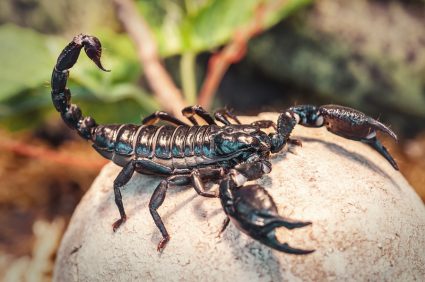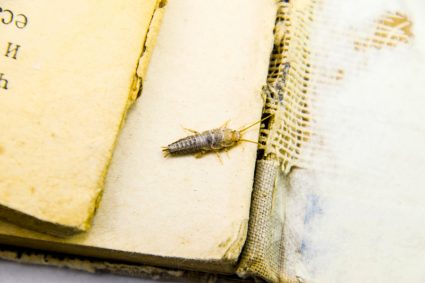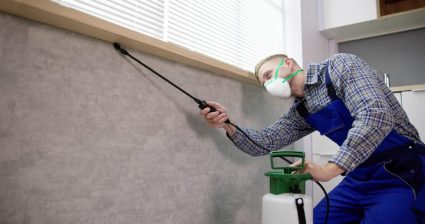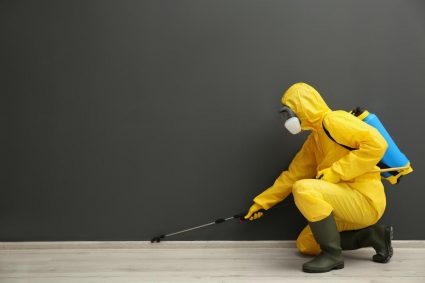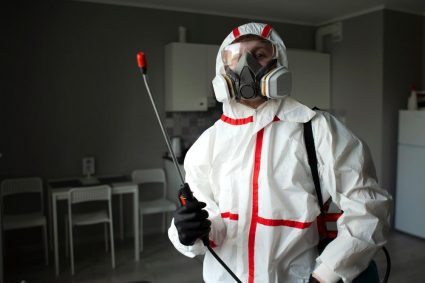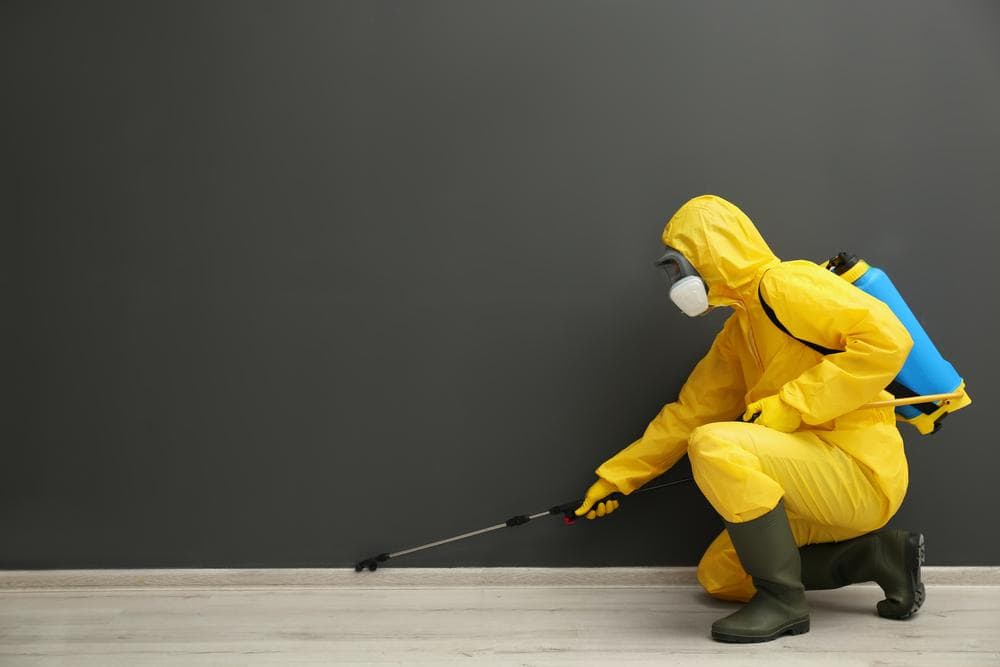
The nuisance of bugs is something we all deal with, whether they are mosquitoes buzzing in our ears, ants marching across our kitchen counters, or ticks hiding in our yard. Traditional bug repellents often contain harsh chemicals that can be detrimental to our health and the environment. However, there are natural alternatives available, and one of the most popular is essential oils. In this comprehensive guide, we’ll explore what essential oils repel bugs, how they work, their effectiveness, safety, and how to use them for best results.
Essential oils that repel bugs include peppermint, lemongrass, eucalyptus, lavender, cedarwood, tea tree, and thyme. These oils work by emitting strong scents that interfere with the insects’ sense of smell, making it harder for them to locate their targets. They can be used in various ways, such as in sprays or diffusers, to repel bugs both indoors and outdoors. Always remember to use them safely and consult a healthcare professional if you’re pregnant, nursing, or planning to use them on children or pets.
The Power of Essential Oils
Essential oils are concentrated plant extracts that retain the natural smell and flavor, or “essence,” of their source. They have been used for centuries for various medicinal and health-related purposes. Some of these oils have insect-repelling properties, making them a natural and eco-friendly alternative to commercial bug repellents.
Here are some of the most effective essential oils known for their bug-repelling properties:
- Peppermint: Its strong, minty scent is disliked by many bugs, including ants and mosquitoes.
- Lemongrass: Known for its ability to repel mosquitoes, flies, and other flying insects.
- Eucalyptus: Effective against mosquitoes, ticks, and even fleas.
- Lavender: Known for its calming scent, it can also deter mosquitoes and other insects.
- Cedarwood: The strong odor of cedarwood oil can be disorienting for ants, making it an effective ant repellent.
- Tea Tree: This oil can help keep bugs away.
- Thyme: Thyme oil has been shown to have potent repellent activity.
How Do Essential Oils Work?
Essential oils repel bugs due to their strong scents and natural insect-repelling properties. The specific compounds in these oils can interfere with the insects’ sense of smell, making it harder for them to locate their targets. Some oils may also have a toxic or irritating effect on bugs.
For example, the strong, minty scent of peppermint oil is a signal for ants to stay away and can also help keep mosquitoes at bay. Similarly, the strong odor of cedarwood oil can be disorienting for ants, making it an effective ant repellent. The oils from the lemon eucalyptus tree have been proven to be effective at repelling insects naturally, including mosquitoes.
Scientific Evidence Supporting Essential Oils
Several scientific studies have shown the effectiveness of essential oils in repelling bugs. A study conducted by New Mexico State University found that certain essential oils can repel mosquitoes for a certain duration. Another study found that all essential oils tested showed high complete-protection time against Culex quinquefasciatus, a type of mosquito, ranging from 120 to 360 minutes.
However, it’s important to note that essential oils may not provide the same level of protection as chemical repellents, especially in areas with disease-carrying insects. Therefore, while essential oils can provide some level of protection against bugs, their effectiveness may not be as reliable as synthetic repellents.
Using Essential Oils Safely and Effectively
There are several ways to use essential oils as bug repellents in various settings, such as indoors, outdoors, and on the body. Here are some tips:
- Create a bug repellent spray: Combine essential oils with witch hazel, distilled water, and vegetable glycerin (if using) in a small glass spray bottle. Shake well to mix.
- Apply the spray on your body: Before applying the spray to your skin, dilute the essential oil with a carrier oil to avoid skin irritation.
- Use the spray indoors: Spray the essential oil mixture on soft surfaces, such as curtains, carpets, and furniture, to repel insects inside your home.
- Use the spray outdoors: Spray the essential oil mixture around your outdoor living spaces to keep bugs away.
- Diffuse essential oils: Use an essential oil diffuser to spread the insect-repelling aroma throughout your indoor or outdoor space.
Always perform a patch test before applying essential oils to your skin to ensure you don’t have an allergic reaction. Additionally, some essential oils may not be suitable for pregnant women, children, or pets, so consult a healthcare professional before using them in these cases.
Potential Health Risks and Side Effects
While essential oils are natural, they can still cause health risks and side effects if used improperly. These include skin irritation, eye damage, allergic reactions, and potential carcinogenic components. Always use essential oils with caution and follow the recommended guidelines for their use. If you experience any adverse reactions, discontinue use and consult a healthcare professional.
Comparing Essential Oils to Commercial Bug Repellents
While essential oils may provide some repellent effects against bugs, their safety, effectiveness, and duration of protection are generally inferior to commercial bug repellents. If protection against diseases like Zika and Lyme is a priority, it is advisable to use EPA-approved commercial repellents for more reliable and long-lasting protection.
Creating Powerful Bug Repellent Blends
Essential oils can be combined to create a more powerful bug repellent. Some recommended blends include:
- Garden Blend: 6 drops lemon eucalyptus oil, 4 drops geranium oil, 4 drops lavender oil
- Homemade Essential Oil Insect Repellent Spray: 2 ounces distilled or boiled water, 1.5 ounces witch hazel or vodka, 30 drops citronella essential oil, 25 drops peppermint essential oil, 15 drops tea tree essential oil
- Essential Oil Bug Spray: 1 cup of vodka, 20 drops lavender essential oil, 20 drops eucalyptus essential oil, 10 drops tea tree essential oil
These blends can be mixed with water or witch hazel and used in a spray bottle for easy application. By using these natural essential oil blends, you can repel bugs and enjoy a pest-free environment.
In conclusion, while essential oils can be an effective and natural alternative for repelling bugs, it’s crucial to use them correctly and safely. Always test the oils on a small patch of skin before full application, and consult with a healthcare professional if you’re pregnant, nursing, have existing health conditions, or plan to use on children or pets.
Frequently Asked Questions
Can I use essential oils directly on my skin?
No, essential oils are highly concentrated and can cause skin irritation or allergic reactions if applied directly. Always dilute essential oils with a carrier oil (like coconut oil or jojoba oil) before applying to the skin.
How often should I reapply essential oil bug repellents?
Essential oil bug repellents typically need to be reapplied every 1-2 hours for best results, as their effect tends to diminish faster than synthetic repellents.
Can I use any essential oil to repel bugs?
Not all essential oils have bug-repelling properties. Some of the most effective ones include peppermint, lemongrass, eucalyptus, lavender, cedarwood, tea tree, and thyme.
Can I use essential oil bug repellents on my pets?
Some essential oils can be harmful to pets, especially cats and dogs. Always consult with a veterinarian before using essential oils on or around your pets.
Can I use essential oils to repel all types of bugs?
While essential oils can repel a variety of bugs, their effectiveness varies. For example, lemongrass and eucalyptus are effective against mosquitoes, while cedarwood can repel ants. Always research the specific oils and their effectiveness against the type of insect you’re dealing with.

